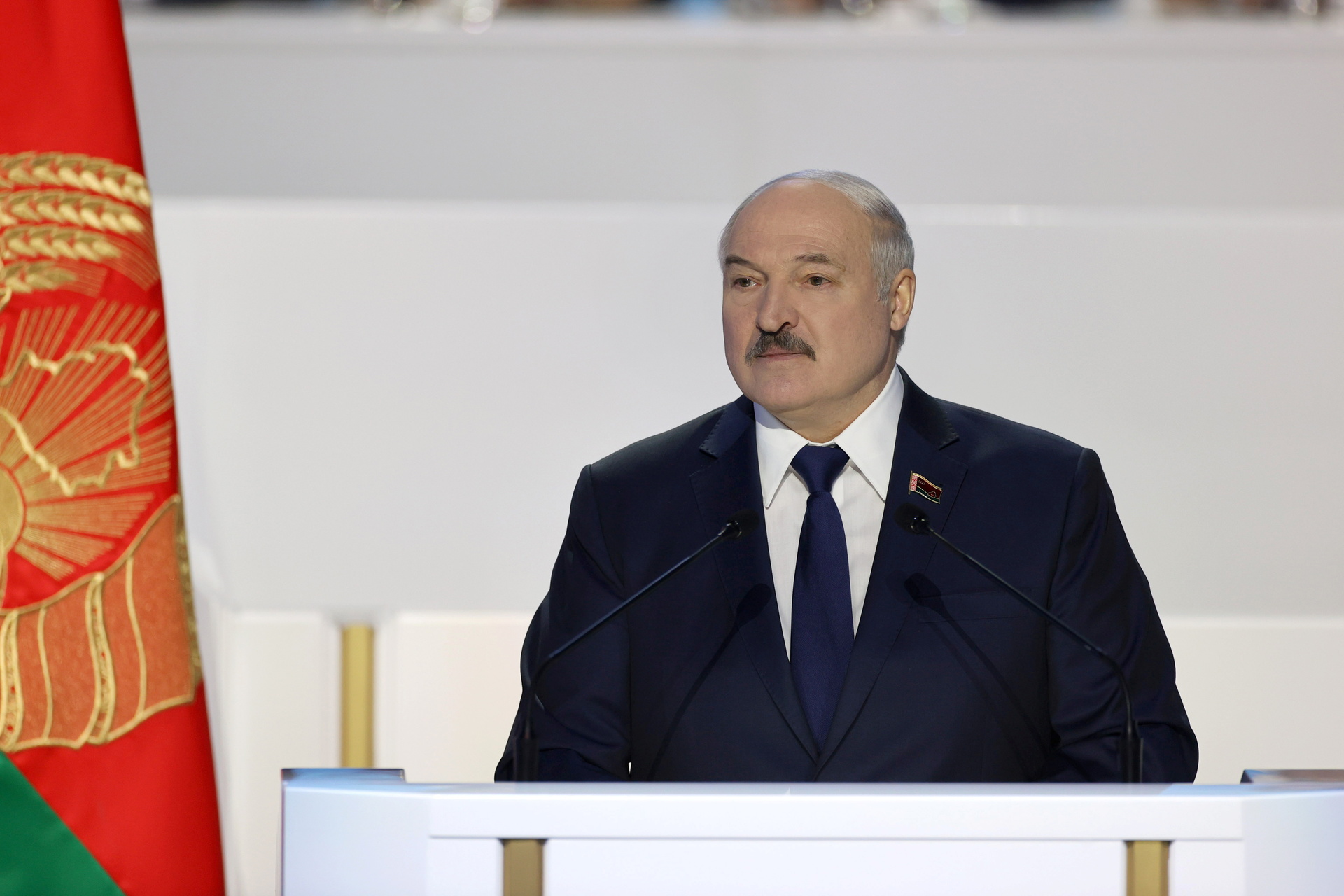On Friday, February 19, Moscow and Minsk signed an intergovernmental agreement on the organization of the transshipment of Belarusian oil products in Russian ports in 2021-2023.
Earlier, the draft document was approved by the Cabinet of Ministers of Russia and President of Belarus Alexander Lukashenko.
According to the agreement, within three years, Belarusian enterprises will be able to unload their oil products with a total volume of 9.8 million tons in Russian ports for subsequent delivery to third countries.
In particular, we are talking about such cargo as fuel oil, gasoline and oil.
“According to our agreement, for the current year we have determined 3.5 million tons, taking into account that the year has already started, we are ready to transport about 2 million tons together with our Belarusian partners.
The next year is 3.2 million tons, and in 2023 - 3.1 million tons, ”TASS quotes Russian Transport Minister Vitaly Savelyev.
Note that the document provides for the conclusion of contracts on the principle of "take or pay" (take or pay).
Thus, if Belarusian shippers provide transshipment in less than the agreed volume, the Russian sea terminal will in any case receive payment for the entire agreed volume.
As Vitaly Savelyev noted, the agreement will be valid until December 31, 2023, after which it can be automatically extended.
At the same time, the signed document provides for the possibility of increasing the volume of shipment of oil products in excess of the approved figure of 9.8 million tons.
Moreover, in the future the parties intend to continue work on other types of Belarusian cargo.
This was stated by the Minister of Transport and Communications of Belarus Alexey Avramenko.
“First of all, we must test the routes using the example of oil products, and then we will be ready to discuss other cargoes with our colleagues.
This is not only potash, but also timber, machine-building complex.
This issue requires a deeper detailed study in terms of capacities and development of port infrastructure, ”Avramenko stressed.
Note that traditionally Belarus transported oil products through the Klaipeda port in Lithuania.
In early autumn 2020, Moscow and Minsk began to seriously discuss the possibility of transferring freight flows from the ports of the Baltic country through Russian sea terminals.
Russia first came up with such an initiative back in 2017.
At the same time, Belarus finally decided to take such a step only after the aggravation of relations with the EU and the introduction of sanctions against Minsk.
Andrei Suzdaltsev, associate professor at the Faculty of World Economy and International Affairs at the Higher School of Economics, told RT about this.
“Four years ago, we asked the Belarusian side to consider the issue of refusing to transship oil products in the ports of the Baltic states and load Russian ports.
It would be more logical to load our capacities and not feed the ports of countries that are hostile to Russia.
Minsk has repeatedly promised to postpone the delivery of its goods, after which it avoided the issue.
However, the situation changed after the presidential elections in 2020, ”Suzdaltsev said.
Recall that in August 2020, presidential elections were held in Belarus, in which, according to the Central Election Commission of the republic, Alexander Lukashenko won, gaining 80.1% of the vote.
Opposition candidate Svetlana Tikhanovskaya won 10.1% of the vote.
After that, protests of those who disagreed with this outcome began in the country.
Opposition leaders went abroad, from where they continue their activities, and the EU and the United States imposed targeted sanctions against a number of Belarusian officials.
Reuters
© Pavel Orlovsky / BelTA / Handout
According to Vitaly Savelyev, Moscow has provided “substantial discounts” to Belarusian suppliers of oil products.
As a result, the cost of transporting goods to Russian sea terminals has become lower compared to the Baltic direction.
Although the final cost of logistics, taking into account discounts, has not been disclosed, only by transshipment of 9.8 million tons of oil products in three years, Russia can earn about 11 billion rubles.
Senior analyst at Alpari Eurasia Vadim Iosub told RT about this.
“The agreement is undoubtedly beneficial for Russia.
Our companies will have the opportunity to make money on the transportation and transshipment of Belarusian oil products.
It is more difficult to talk about the benefits of the Belarusian side, not knowing the exact logistics costs compared to transshipment through the Baltic countries.
However, it is obvious that for Minsk this is not so much an economic decision as a political decision in response to sanctions from the EU, ”Iosub concluded.

